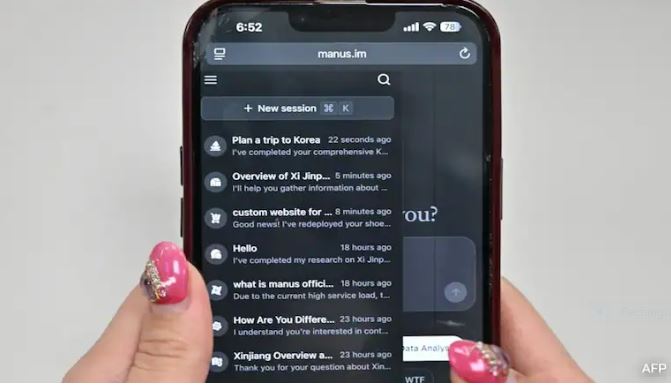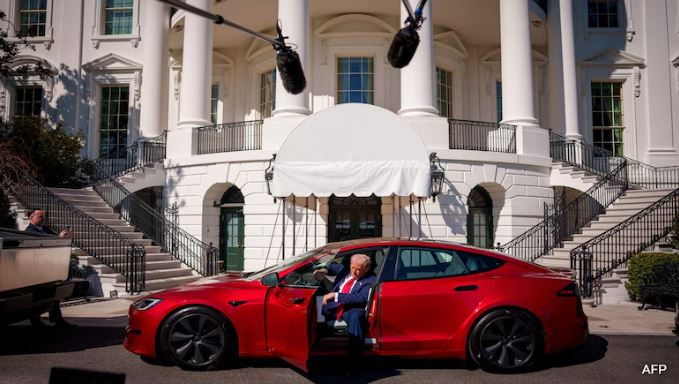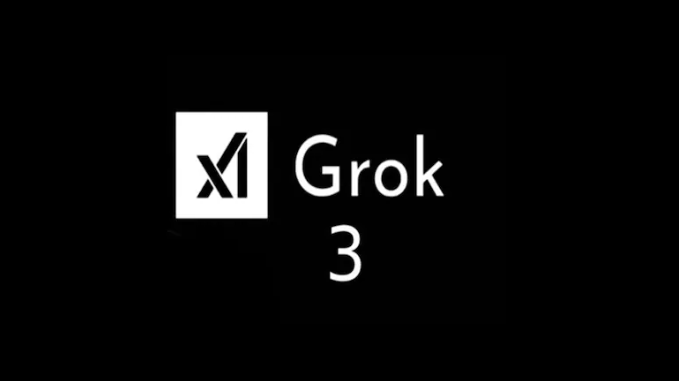
Apple Offers $100 Million to Reverse iPhone 16 Ban in Indonesia.
Apple Inc. has raised its investment offer in Indonesia to nearly $100 million, a tenfold increase from its earlier proposal, in an effort to overturn a government ban on the sale of its iPhone 16.
According to sources familiar with the matter, the Cupertino-based tech giant is eager to meet Indonesia’s demands to secure access to one of Southeast Asia’s largest markets.
The ban, enforced last month by Indonesia’s Ministry of Industry, stems from Apple’s failure to meet a local regulation requiring 40% domestic content for smartphones and tablets sold in the country.
To address the shortfall, Apple’s latest proposal includes investing heavily in the region over the next two years, with a focus on research and development efforts in addition to manufacturing accessories and components in Bandung.
Government Push for Greater Local Investment
While Apple’s increased offer signals its willingness to compromise, the Indonesian government remains firm on its demand for more substantial local investments.
After rejecting Apple’s initial $10 million proposal, officials are now seeking commitments that align more closely with boosting domestic industries. Apple’s current investment of 1.5 trillion rupiah ($95 million) through developer academies reportedly falls short of the previously agreed 1.7 trillion rupiah.
The government’s stance reflects a broader strategy under President Prabowo Subianto, who has prioritized strengthening local manufacturing and reducing dependency on foreign imports.
Similar measures were employed by the previous administration, including a ban on TikTok, which eventually led ByteDance to invest $1.5 billion in a joint venture with local e-commerce platform Tokopedia.
Challenges in Negotiations
Apple executives recently flew to Jakarta to negotiate directly with Minister of Industry Agus Gumiwang Kartasasmita. However, they were redirected to meet with a ministry director-general instead, signaling potential friction in the discussions. Both Apple and the Ministry of Industry have declined to comment on the ongoing talks.
Indonesia’s hardline approach has also affected other tech giants, including Alphabet Inc., whose Google Pixel phones are similarly barred from sale due to insufficient local investment.
A Balancing Act for Indonesia
While Indonesia’s tactics may succeed in pressuring global firms like Apple to ramp up local operations, they also risk deterring potential investors wary of stringent regulatory demands. Such policies could hinder President Subianto’s broader goal of attracting international investments to drive economic growth and fund critical initiatives.
For Apple, resolving the iPhone 16 ban is crucial to maintaining access to Indonesia’s 278 million consumers, a demographic that skews young and tech-savvy.
The company’s willingness to substantially increase its investment underscores the importance of the Indonesian market in its global strategy. However, whether the Ministry of Industry will accept Apple’s revised offer or push for further concessions remains to be seen.





